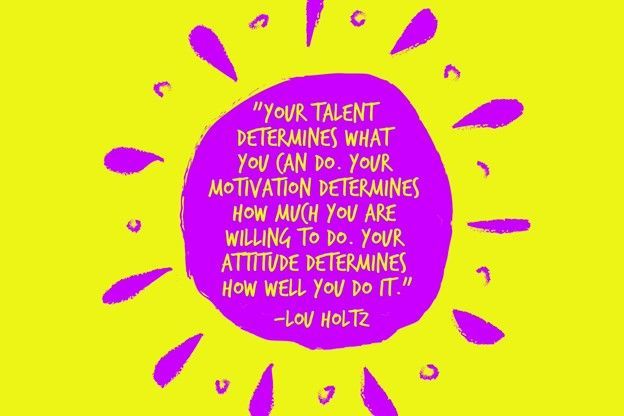
July 29, 2021
If You Haven’t Retooled Your Sales Strategy Since the Pandemic, You’re Going to Regret It
We all know that the pandemic dramatically changed the way people and businesses operate. As things go back to a version of ‘business as usual’, there may be the urge to revert to how things used to be. Don’t fall into that trap of thinking. Some things got easier during the pandemic (yes, they absolutely did!) And of course, some things got harder. This is a time to both respond to and capitalize on what has changed. It’s a good time to retool your strategy if you haven’t already.
I referenced some of the ways you could adapt your sales strategy to meet the needs of the time in my Harvard Business Review Article: 4 Ways to Reconfigure Your Sales Strategy During the Pandemic. I discussed these concepts during a speech at a virtual conference last week and it's obvious that these strategies may be even more relevant as we emerge from the pandemic.
Put sales at the center of your strategy.- Leverage sales to discover and meet the new needs of your customers.
- Constantly be working to improve the sales experience.
- Still be considering how to bring the physical environment into virtual sales with the new popularity of a hybrid working model.
The pandemic has left very few stones unturned when it comes to changing the way things operate. Make sure that your sales strategy is keeping pace with the changes.
And if this is an important topic for you, here are some other articles I’ve written that may be valuable for you:
Are You Paying Attention to the Right Sales Metrics?
How to Get Your Salespeople to Execute Your Strategy
How Do You Rate on the BS Scale?
How many times have you heard someone say “That’s bullshit” at work?
A lot I bet.
This phrase might sound like someone venting their frustrations, but could it also be a red flag that merits more attention? The researchers who came up with the Organizational Bullshit Perception Scale (OBPS) think so. There is now an official scale for BS in the workplace. I think it’s about time.
Most organizations have at least a few leaders who rate very high on the OBPS. From what I see, it’s not so much that they are intentionally misleading. Rather, in an effort to avoid disappointing people or control how others react, they fail to develop real candor. They allow bullshit to infiltrate and breed within their organization. And worse, they spread BS themselves.
If you recognize your high placement on the OBPS, what can you do as a leader to lower your rating on this scale?
- Be direct. Remember that you can be direct while also being empathetic and kind.
- Don’t equivocate. When there are multiple factors in a decision, address them separately and specifically. Acknowledge what you don’t know.
- Don’t use corporate speak. Ambiguous language, jargon, and terms with multiple meanings are frequently used to avoid telling the entire truth. People numb out.
- Don’t lie. Not falsifying is obvious to most. It gets more nuanced when it comes to what you don’t share, which is concealing and a form of lying. You can absolutely keep confidential information and not mislead others.
- Treat people like they are intelligent. Know your audience and speak at their level. Don’t patronize or obfuscate your message.
Remember, people have a sense for leaders who are not genuine. And if you suspect that another leader rates high on the OBPS, perhaps you can forward them this newsletter as something interesting to read!
Too Much Certainty
One of the logic flaws I see in the news is being too certain about conclusions. The truth is often not black or white. Rather, life provides a messy and frequently conflicting set of circumstances to sort out. Journalists do not seem to embrace this idea as they used to by sharing multiple perspectives and allowing readers to draw their own conclusions from the fact patterns. Instead, what we seem to get from both sides of the political spectrum are stories that stoke outrage because that’s what drives the clicks. To be informed, of course you need to pay attention. But when you do, ask yourself, what isn’t being presented here? What’s being presented as an axiom or the only conclusion and what else may be true?
And if you doubt this, then find a newspaper article about a topic that you are an expert in that has been written by a reporter. It could be about finance, psychology, or whatever topic about which you have deep knowledge. I think you’ll see what I mean.
Current Read
How to Think Outside Your Brain
The amount of mental work each person is expected to do daily, whether in class or on the job, has increased significantly over the last century. The quantity and complexity of mental work expected of students and professionals is at an all-time high, and we’ve responded by expecting ourselves to be mentally productive for every minute of the day. This is nearly impossible, and often leads to a brain overload for most people.
How can you alter the way you approach your thinking to avoid this? This week’s read provides you with four sources you can utilize to augment your brain.
Quotable


